
‘Bluntly, the war in Ukraine has unveiled the West’s ESG goals for the hypocrisy they are. The political and business leaders who promoted them are now caught up in their own contradictions,’ Khaled Abou Zahr has written in an opinion piece published by Arab News. The article highlights the contradictions between Western leaders’ warmongering statements and their promotion of green policies and a sustainable future.

‘Hungary is the tell-tale sign that legal norms and moral niceties have fallen prey to corrosive ideologies, but other would-be leaders who attended CPAC this year and were inspired by its statesmanlike example should not be fooled. If they win, they are next.’

Nearly half a million prospective parents across the country have benefited from the baby-expecting loan so far: since the programme’s inception, 246,000 families have applied for the support, resulting in the birth of a total of 211,000 children.

According to Interior Ministry State Secretary Bence Rétvári announced in a Facebook post that the government has put forward a draft regulation for public consultation regarding items that cannot be brought into schools or can only be brought in with restrictions.

Thanks to Musk, X has become one of the world’s most prominent free-speech platforms. During the July 13 attempted assassination of President Trump, establishment media pushed false and egregiously misleading headlines, while failing to deliver timely news updates. In contrast, X enabled citizen journalists to work together to quickly assess the unfolding horrors. But according to the European Commission, X ‘deceives users’ with its blue check verification system, lacks advertising transparency, and restricts data access for researchers.
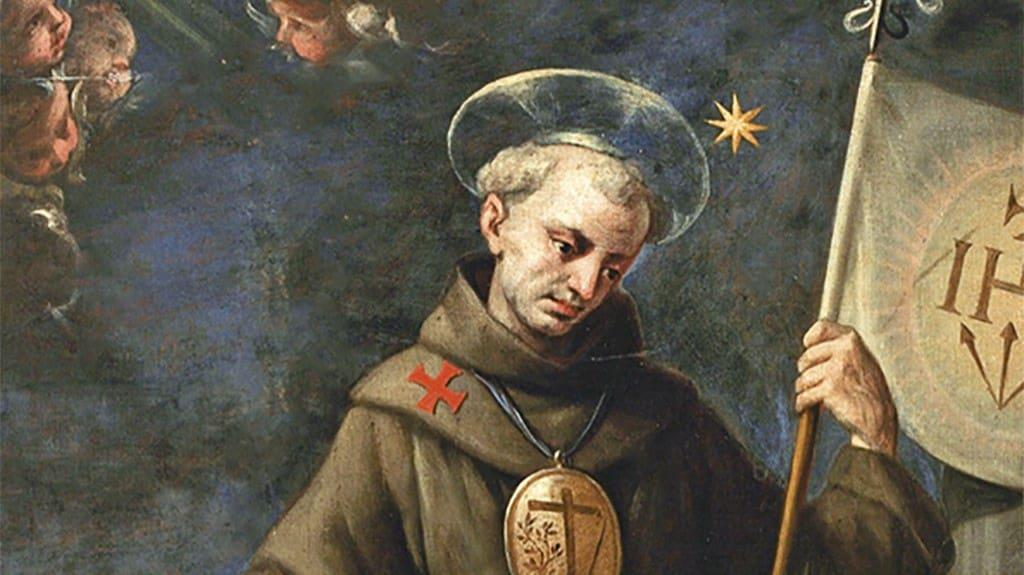
The crusader army numbering tens of thousands that St John of Capistrano recruited played an important role in the successful defence of the Fortress of Nándorfehérvár and in the battle that ended the siege. John Hunyadi would have been defeated at the fortress walls if Capistrano had not attacked the Ottoman camp with his crusaders on 21 July.
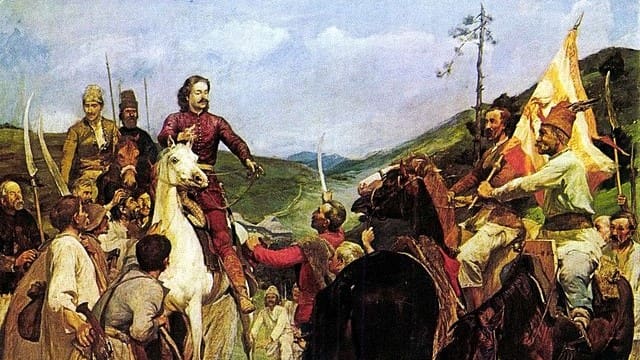
Two important events played a role in Rákóczi’s return to Hungary in 1703. On the one hand, the unfolding War of the Spanish Succession (1701–1714), which meant the withdrawal of most of the imperial regiments from the country, and on the other, the uprising of the serfs of Munkács, provided the perfect opportunity for Rákóczi to organize an armed rebellion. At the request of Tamás Esze, the leader of the uprising in the Tiszahát region, Francis II Rákóczi took the lead in the what developed into a War of Independence, issuing a proclamation calling on nobles and non-nobles alike to take up arms.

This weekend’s race promises excitement on the track, with four teams appearing to be in contention for victory. As a unique circuit often likened to ‘Monaco without the walls,’ the Hungaroring might disrupt the usual competitive hierarchy.

While talking to the Hungarian sports daily Nemzeti Sport, Chairman of the Hungarian Football Association (MLSZ) Sándor Csányi said that, despite being disappointed that Hungary failed to qualify from their group at Euro 2024, he never had any doubt that head coach Marco Rossi should stay with the team. He also stated that he never felt any tension between the coach and the players either.
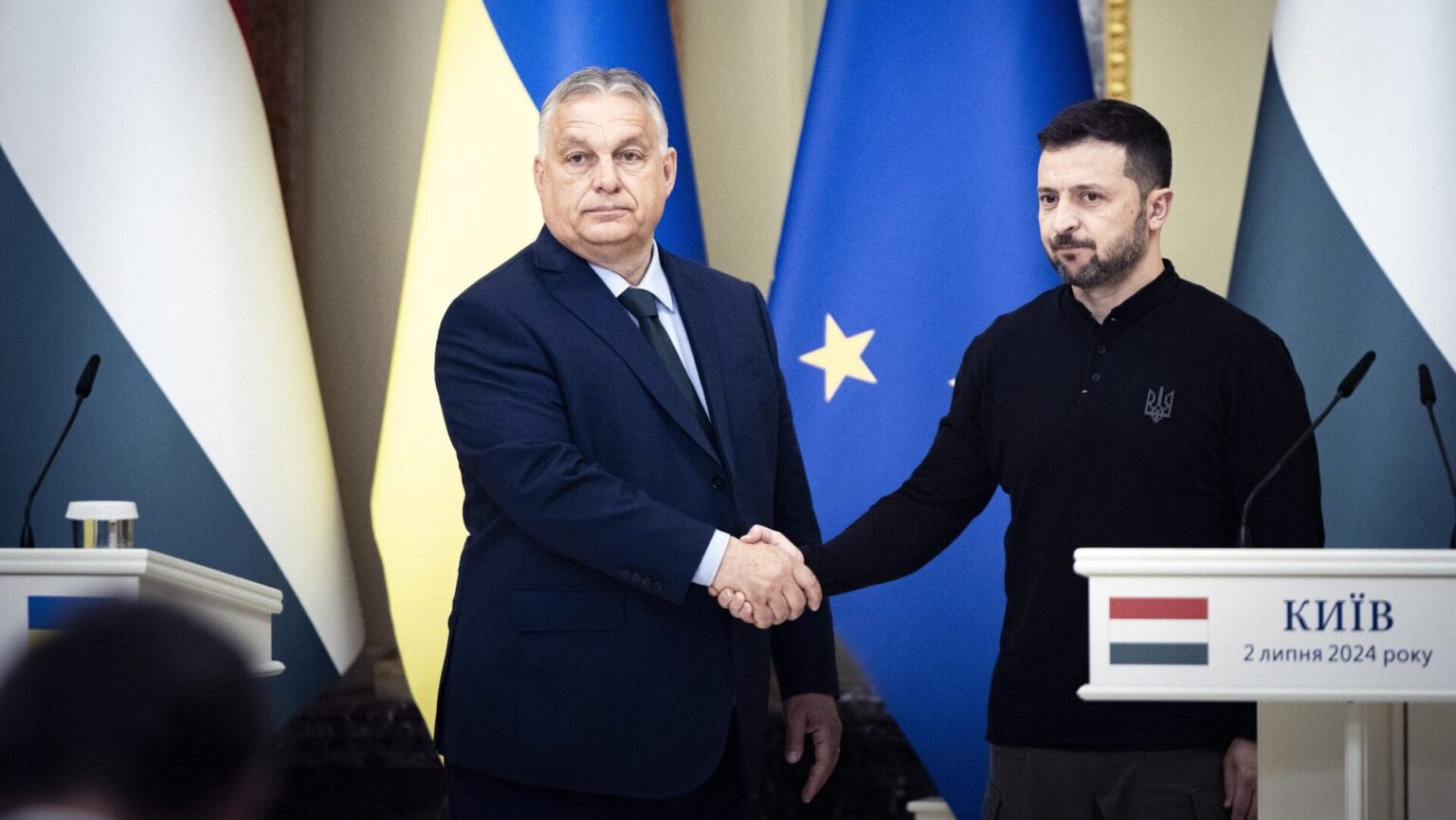
Viktor Orbán has been receiving increasing praise from Germany in recent days—something that has not happened for a long time. Henryk M. Broder, a columnist for the German newspaper Die Welt, lauded the Hungarian Prime Minister for his peace mission, stating that, seeing the EU’s failure, Orbán has taken Europe’s fate into his own hands and is doing so quite skillfully. Additionally, a left-wing German MP remarked that Orbán’s peace mission justifies why the EU won the Nobel Peace Prize in 2012.

An opinion piece by the Washington, D.C.-based magazine The Atlantic is trying to make the case that Donald Trump’s victory in November could bring a ‘Hungary-style autocracy’ to America. Evidently, this is nothing new, just a usual hit piece by the liberal media in the US with the customary distortions, omissions, and half-truths.

This year, in the ‘Employability–Performance Improvement’ category, the QS awarded Corvinus University of Budapest. The commendation highlighted that the university has taken significant steps to enhance the employability of its graduates, nurturing future leaders who will make a substantial impact in their respective fields.
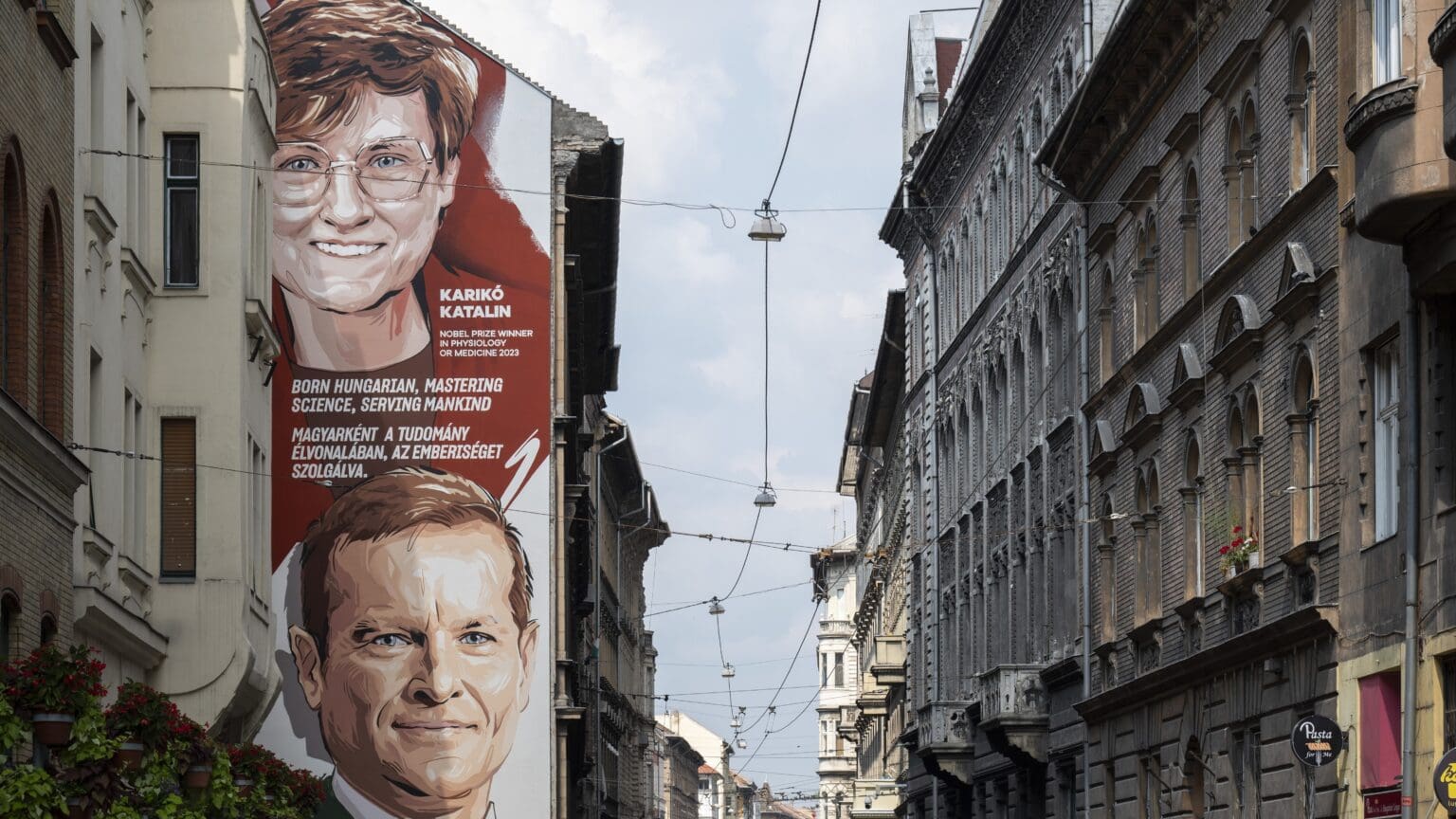
Katalin Karikó and Ferenc Krausz had seen the designs and ‘gave their blessing’ to the project. The creation of the Wall of Nobel Laureates, designed by Péter Csuth and realized by the Colourful City Group, was supported by the Hungarian government.

Public M4 Sport will start televising the Olympics next Wednesday afternoon, covering the first matches of the football tournament, then broadcasting the Hungarian women’s handball team’s first game the following day.

‘If Europe wants peace and wants to have a decisive say in the settlement of the war and the end of the bloodshed, then a change of direction must be worked out and implemented now,’ Balázs Orbán said in an interview with Magyar Nemzet. The political director of the Hungarian Prime Minister discussed Viktor Orbán’s recent peace mission and also commented on the attempted assassination of former US President Donald Trump.

The Spanish Football National team won the European Championship for a record fourth time. They beat England, who lost their second consecutive Euro final, 2–1 in the final played in Berlin.

Banning energy drinks for people under 18 has been discussed for a while in Hungary. Now a draft decree that details the planned stipulations has been published on the website of the Ministry of Justice.

‘After being rejected several times in Rome, Cabrini insists on meeting the Pope. While no woman before her has ever founded such an order, Leo the XIII is persuaded by the nun’s determination and allows her to set sail. However, he directs her to New York (instead of the Far East), where at the time two million Italian refugees were chasing the American dream. On their arrival to the Five Points neighborhood of New York, the six nuns are confronted with the reality that most of the immigrants there are victims of crime, prostitution, poverty, and disease.’
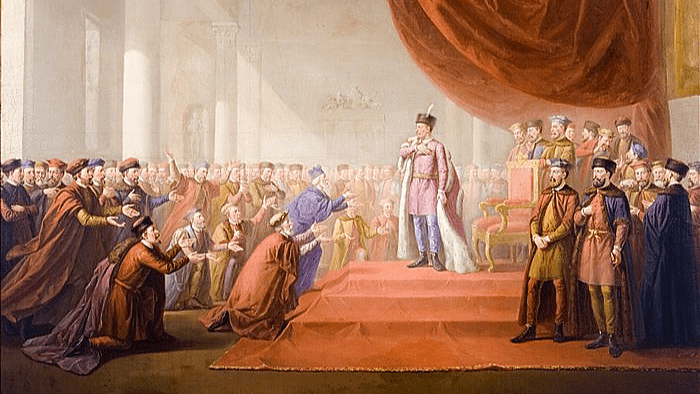
István Báthory (1533–1586) played a pivotal role in the history of Lithuania. His legacy is marked by his efforts to strengthen the Lithuanian state, promote education, and foster religious tolerance, making him a significant figure in the history of Eastern Europe.

‘Their book collections were also incorporated into King Matthias’ library, now known as the Bibliotheca Corviniana. This can be considered the first royal library to be consciously established and developed. It began to flourish especially after Matthias’ marriage to Beatrix, daughter of the King of Naples (1476). The queens always had prayer books for personal use, the possession of which was part of being a pious queen. However, the educated Beatrix completely transformed the court of Buda, and in her wake came the great representatives of the Italian Renaissance.’

The HUN-REN Institute of Earth Physics and Space Science has announced that their new, state-of-the-art facility in Sopron, Hungary is entering the test phase within a few weeks. It can help with space developments, medical diagnostics innovations, biophysics and materials science experiments, the institute wrote.
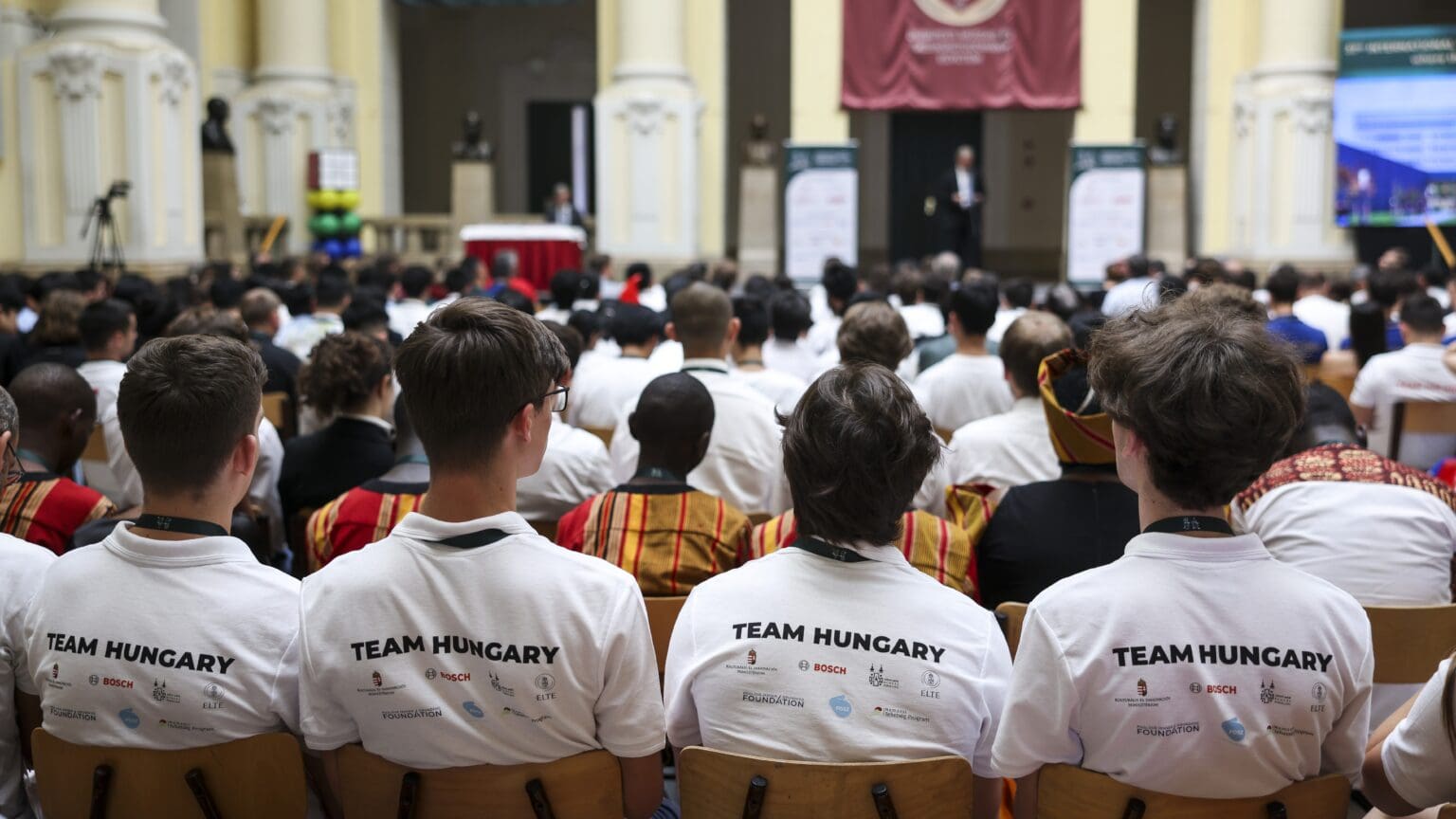
Speaking at the opening event of the International Young Physicists’ Tournament (IYPT) for secondary school students at the Budapest University of Technology and Economics (BME), State Secretary Varga-Bajusz highlighted that Budapest has always been a hub of science, creativity, and innovation. She believes that this competition will showcase these qualities to the world.

The Walt Disney Company has decided to discontinue one of its most popular theme park rides, Splash Mountain, due to progressive activists labelling it as ‘racist’, and replaced it with Tiana’s Bayou Adventure based on a little-known movie about a black princess. Disney has been already losing money on its film releases and most of its profits were generated by the experiences segment of the company, which too could be in jeopardy now.
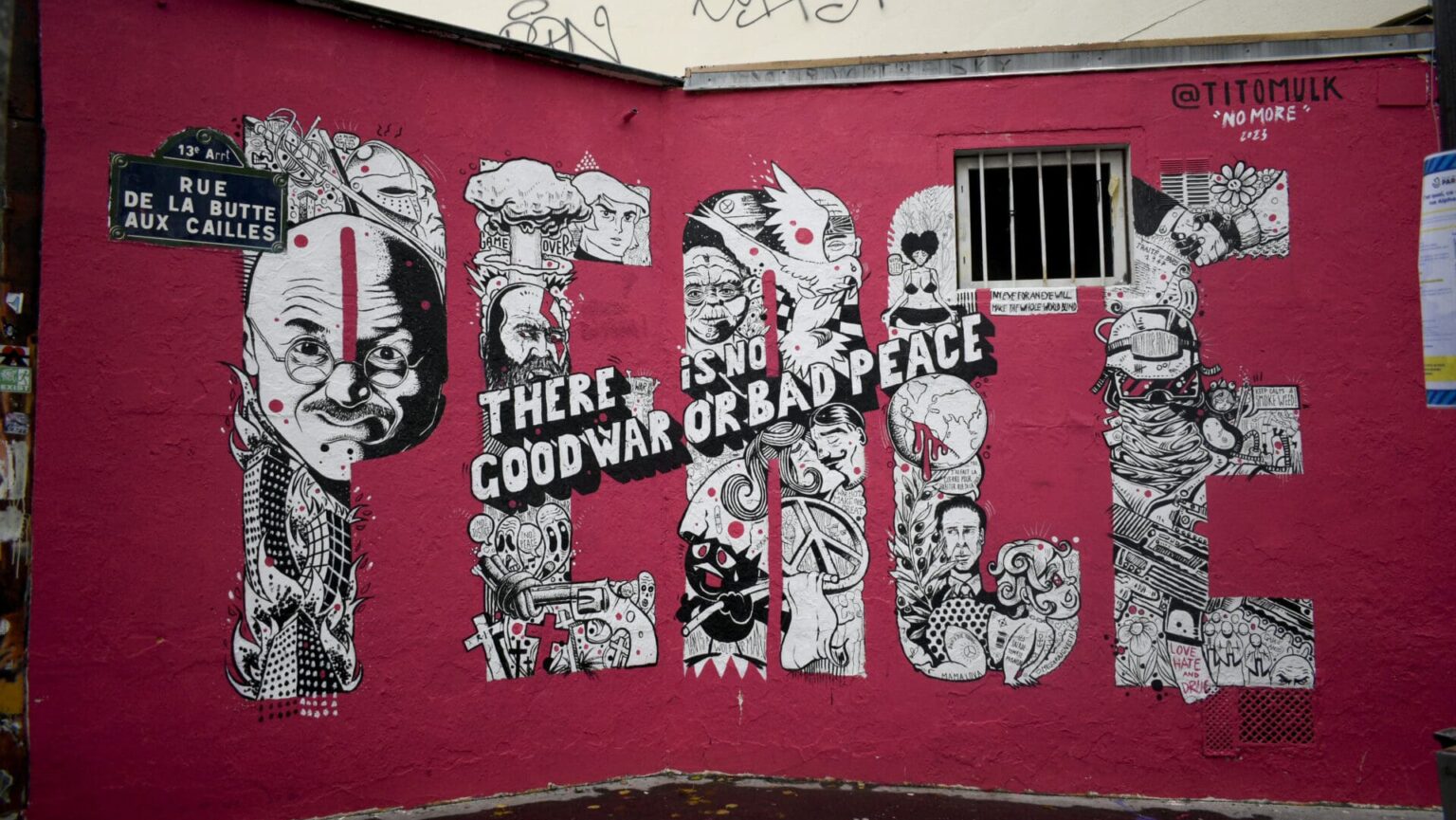
Eight prominent British and American public figures have published an open letter in the Financial Times calling for an immediate ceasefire and peace talks in Ukraine. According to one of the authors, their letter was influenced by Viktor Orbán’s peace mission launched last week.

Climate change has a significant impact on global agriculture, with environmental changes collectively causing further long-term food inflation in the future. This can be mitigated through adaptation, modernizing agricultural irrigation systems, breeding new stress-tolerant crop varieties, and using precision tools, according to an article by researcher of the MCC Climate Policy Institute Erik Kovács.
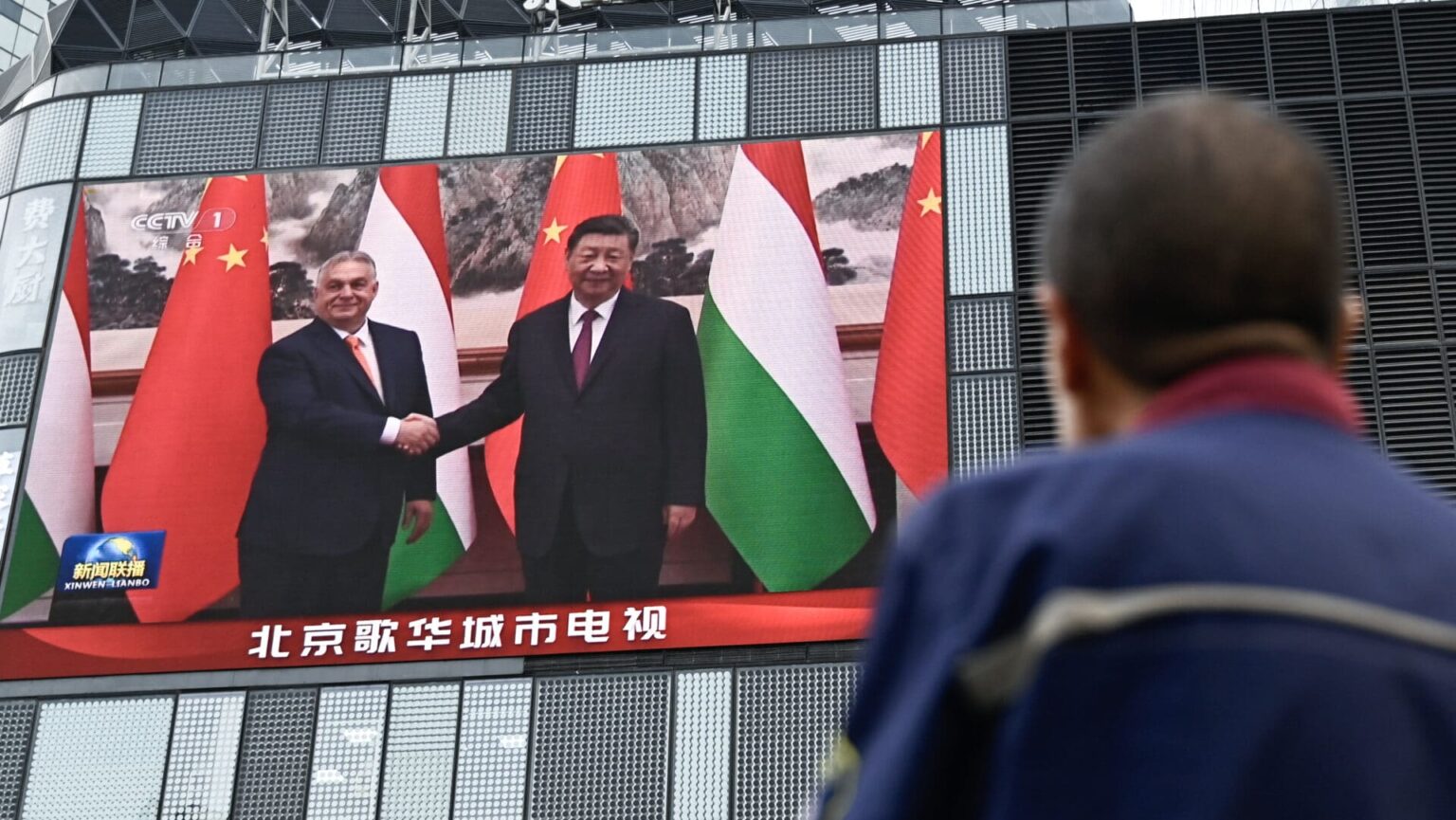
A rare opinion piece has been published by Die Welt recently discussing Hungarian Prime Minister Viktor Orbán’s peace mission that kicked off last week. The article concludes that Orbán ‘deserves a chance’ and is doing more for peace than those in Washington and Brussels who criticize him.

The Metrodome Group, active in the Budapest real estate market since 1996, is opening its first representative office in Israel to offer investment opportunities in the Hungarian capital to Israeli investors. Among the many positive arguments in favour of Budapest, one that stands out is that Hungary remains one of the safest countries for the Jewish community in Europe.

According to Ukrainian Deputy Minister of Education Yevhen Kudriavets, 3,500 educational institutions have suffered some kind of damage and nearly 400 have been completely destroyed since the beginning of the Russian invasion. Currently, Ukraine’s first underground school is being built in the southern city of Zaporizhzhia, with the aim of children being able to attend in-person classes from September. Altogether, ten underground schools will be built across the region, five being already under construction and expected to open in the autumn.
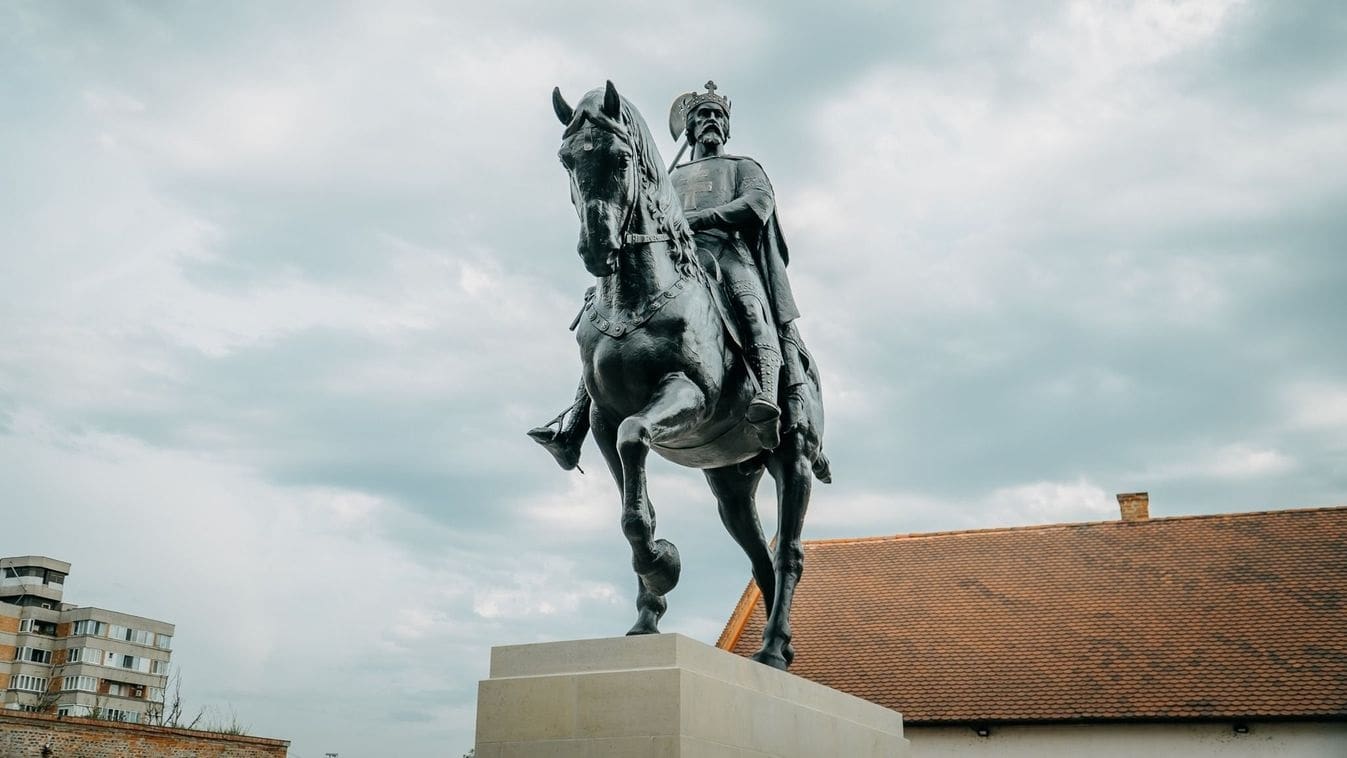
‘The first units of the First Crusade, and then the main army led by Godfrey of Bouillon, did cross the Hungarian Kingdom, but by then King Coloman was on the throne, the successor of Ladislaus. It was also well known that the only Hungarian-led crusade to the Holy Land was launched in 1217 under King Andrew II. Yet Hungarian medieval narrative sources record one more. They tell an interesting and controversial story about King Saint Ladislaus…Given the fact that the Hungarian king died on 29 July 1095, almost half a year before the first Crusade was announced at the Council of Clermont in November 1095, modern scholarship quickly lost confidence in the historicity of the account.’
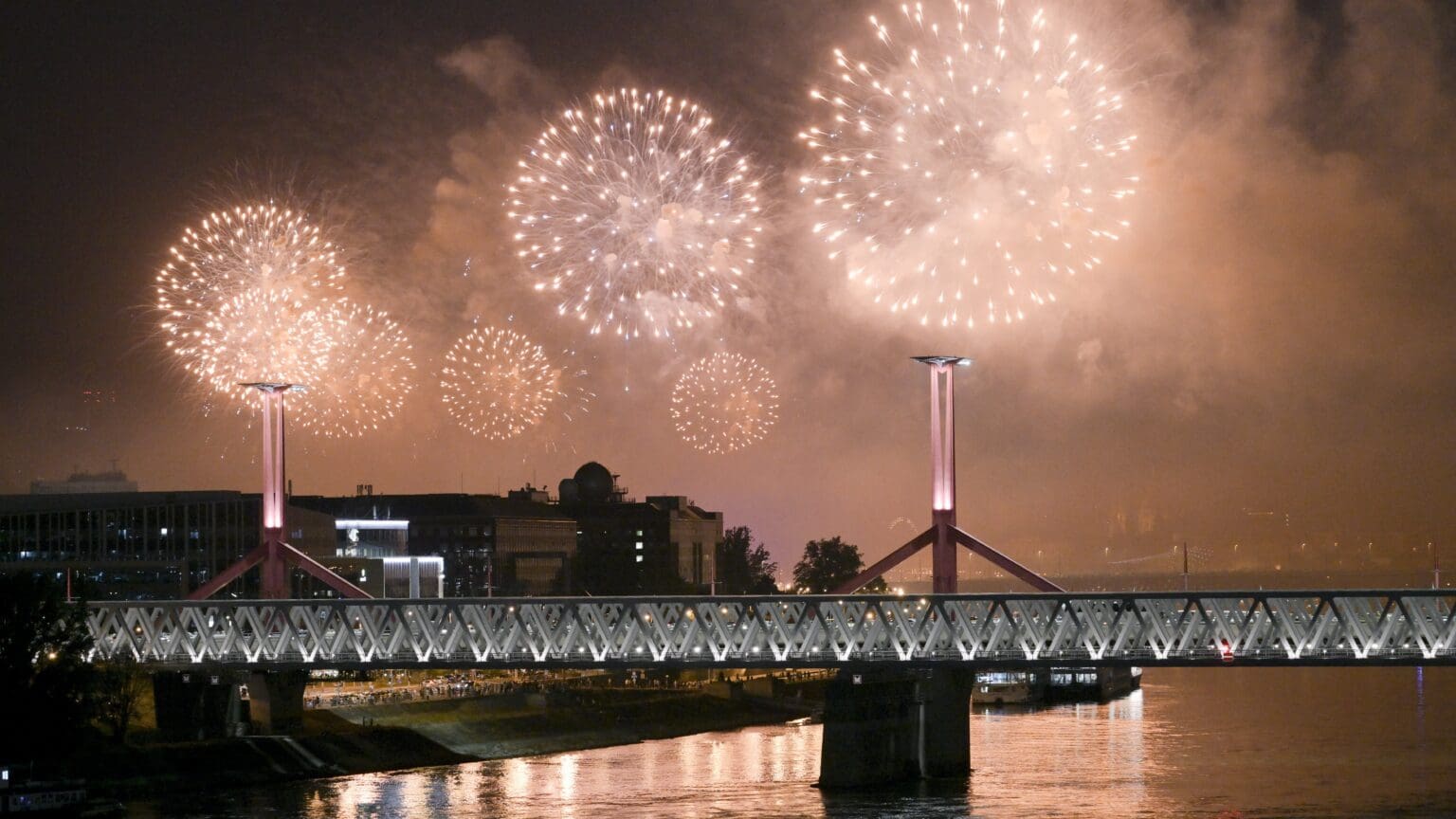
Budapest residents and tourists visiting the capital will enjoy the most spectacular fireworks display ever. More people will be able to enjoy the play of fire and light than before: instead of the previous 4.3 km, it will be visible for over five kilometres along the Danube, extending all the way to Margaret Island, and this time covering three central city bridges instead of two.